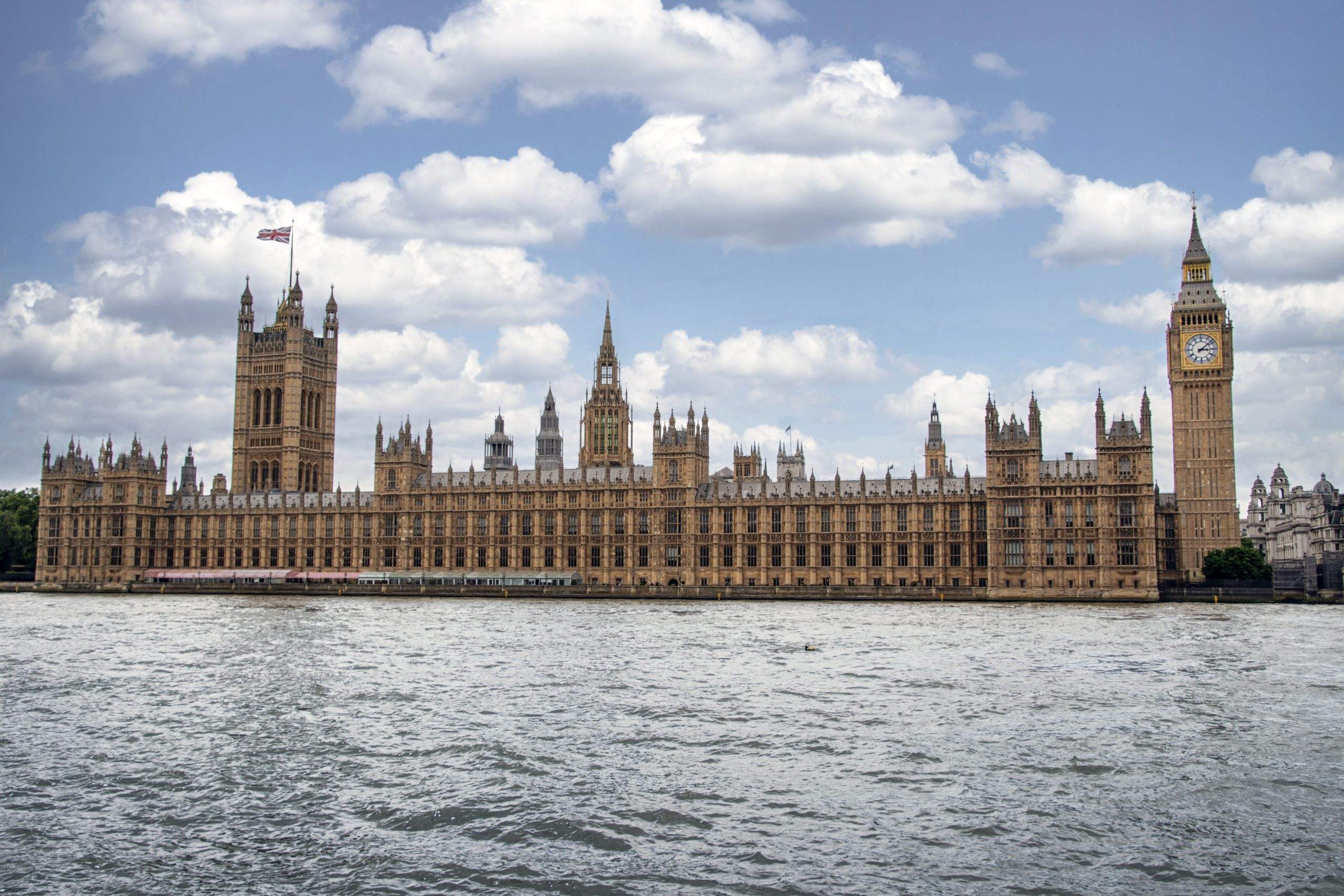Accents in the UK
Are you from a non-English-speaking country and want to move to the United Kingdom? If you are and you have decided to go, you need to be aware of all the different British accents. Check out our article about how you can recognize British accents and get familiar with the different dialects and accents in the UK.
English as a second language
I am from Spain and in my country, when we are in school, we learn English as a second language. The English we learn is the general English (Received Pronunciation English) and many of us believe that this type of accent is the only one that exists in the UK. Then when we move to the UK for work or study, we realize that we were wrong. Depending on where you go, people speak with many different English accents. Check out our English voiceover services. We work with voiceover artists who record native British, American and Canadian accents.
In the south, you will find the Received Pronunciation English, Cockney, estuary English and West Country. Further out, you find the Midlands English and Welsh English. And in the north, you will find the Northern England English, Geordie accent and Scottish English accent.
Received Pronunciation English
Currently I am living in the north, in Leeds to be precise, and I would like to point out the differences between the Northern English and the Received Pronunciation English.
The Northern England English is spoken in the area of Manchester, Leeds, York and Liverpool. The features of this accent are:
- Non-rhoticity, except in some rural areas.
- The diphthong in words like kite and ride is lengthened so that kite can become something like IPA ka:ɪt (i.e. it sounds a bit like “kaaaait”).
- Unique vocabulary includes use of the word mam to mean mother, similar to Irish English.
- The pronunciation of the letter “u” as the “u” in words like bus, much or mum.
Accents in Southern England
In comparison, the Received Pronunciation English is the closest to a “standard accent” that has ever existed in the UK. Although it originally derives from London English, it is non-regional. It emerged from the 18th- and 19th-Century aristocracy, and has remained the “gold standard” ever since. Some of its features are:
- Non-rhoticity, meaning the r at the end of a word isn’t pronounced (mother sounds like “muhthuh”).
- Trap-bath split, meaning that certain words, like bath, can’t, and dance are pronounced like the broad-a in father.
- The vowels tend to be a bit more conservative than other accents in Southern England, which have undergone significant vowel shifting over the past century.
British Accents dialects
English Accents Worldwide
In conclusion, there are many English accents (in the UK, USA, Canada, Australia and all the English-speaking countries), all of them beautiful in their own way. Remember that the English we learn in school is not the only English. Contact us for any English language translation and proofreading.
Don’t miss out on our promotions and blog posts, sign up for our newsletter here!
| SUBSCRIBE TO OUR NEWSLETTER |


















